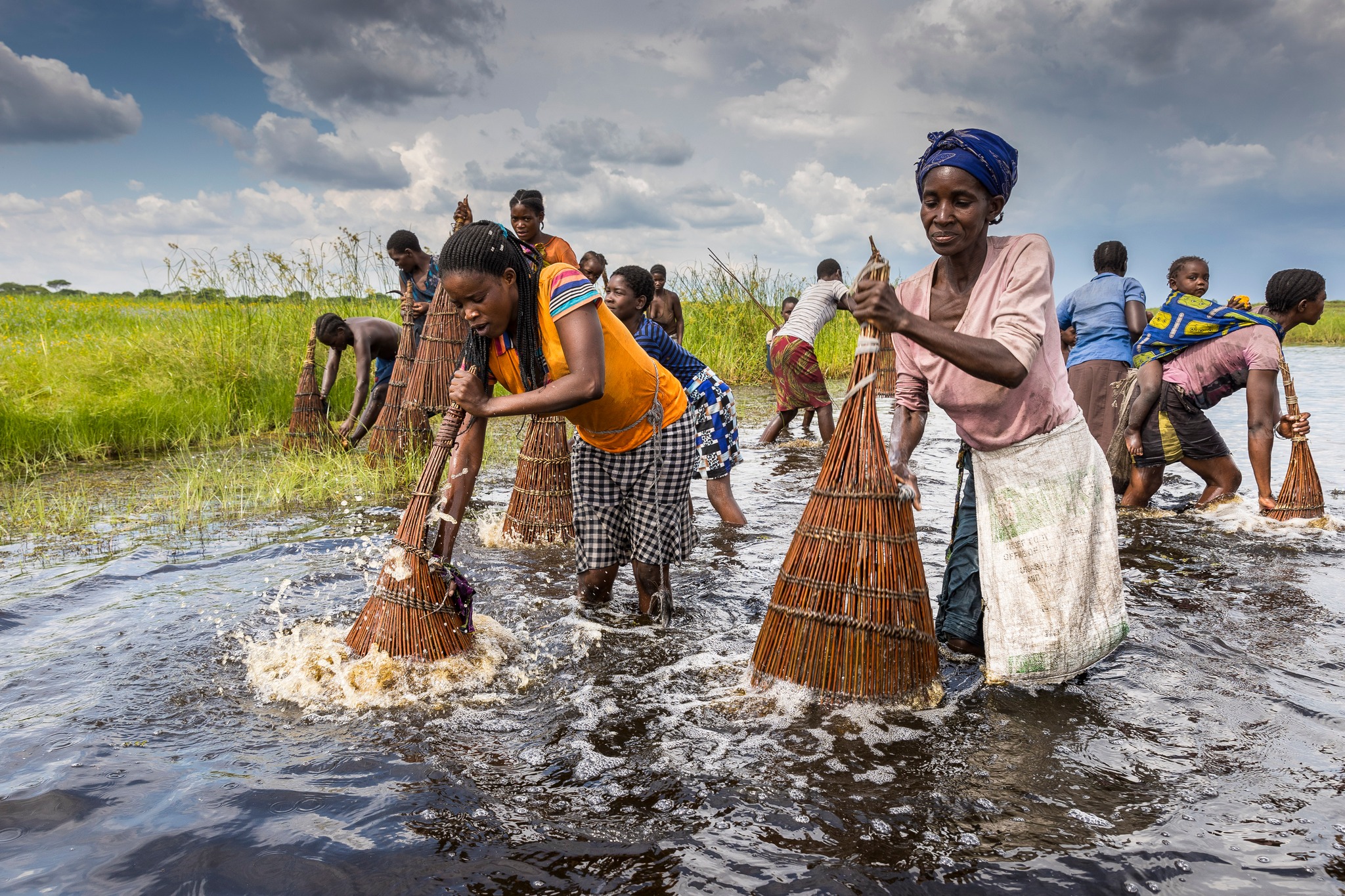Proverb of the Month: Too many fishing baskets in the water cannot prevent you from dipping yours. (English)
Proverb of the Month: Too many fishing
baskets in the water cannot prevent you from dipping yours. (English)
Ebisero byingi ebikukwata ebyenyanja byaba biri
omumizi tibikakuzibira kwibika ekisero ekyawe. (Toro)
Nyavu nyingi majini, haziwezi kukuzuia
kuzamisha yako. (Kiswahili)
Trop de panier de pêche dans l’eau ne peut pas
vous empêcher de plonger le vôtre. (French)
It is the right of everyone to be treated
equally, irrespective of one’s social statue, religion, education, gender or
class. (Meaning)
This proverb, typical of the Toro ethnic group in Uganda, emphasises the importance of universal human rights, irrespective of social status, gender, economic differences, religion, or race. The rights belong equally to every human being. To deny them is not only unjust but also destructive to the fabric of society. When communities are guided by fairness and equality — particularly in decisions that bear upon the collective good — peaceful coexistence naturally follows.
At the same time,
the proverb serves as a source of empowerment for those who feel marginalised
or excluded. It encourages us not to be docile or act in resignation when our
rights are violated. Our rights do not often come on a platter of gold or are
given freely; if necessary, we must actively fight and defend them until they
are restored. Thus, the duality of the proverb lies in its teachings: to affirm
the sanctity of rights, and to embolden individuals to safeguard them. We can
only claim our rightful rights and vigilantly preserve them if we want both
individual dignity and collective harmony.
In essence, the
proverb conveys a philosophy of perseverance and resilience. It counsels that
no circumstance, however overwhelming, should deter human endeavour. The
thematic preoccupations addressed — primarily equality, inclusiveness, and
fairness — are not mere delusions; they constitute a strong locomotive engine
that drives a society toward robust social, economic, and political progress. A
fair and just society is a mirror of innovation and shared success.
Human rights are
not abstract principles, but an integral part of human existence and
development. The right to life, water, education, shelter, food, medical care,
and citizenship are sacred. However, these rights are indeed meaningless unless
leaders demonstrate their leadership qualities, vision, honesty, and commitment
to the well-being of their people. A leader who respects democratic principles
does not rule as a master but serves as a custodian, ensuring that all citizens
can flourish.
Paradoxically,
many nations endowed with abundant natural and human resources remain trapped
in poverty and underdevelopment. Their people suffer deprivation not because
resources are absent, but because governance is compromised. Too often, leaders
seize control of strategic sectors of the economy and award lucrative
government positions to their family members and cronies. In doing so, they
cultivate a culture of exclusion and entitlement that breeds resentment,
conflict, and instability. Such excessive greed and corrupt practices lead to
distrust and undermine the very development it pretends to champion.
Contrarily, a
society built on equality and fairness unlocks the most incredible human spirit
of its citizens, who feel valued, respected, and included. It is when one feels
a sense of belonging that they show a sense of responsibility. They become
motivated to contribute to the collective project of nation-building. Diversity
then becomes an asset rather than a source of division, and the community
advances in peace, progress, and prosperity.
It is, therefore, time for us to examine our societies in the light of this proverb. For in truth, our communities offer a living testament to their wisdom. The image is simple yet compelling: too many fishing baskets in the water cannot prevent you from dipping yours. Opportunity, fairly shared, is not diminished by the presence of others; it is multiplied. When societies recognise this truth, they build not only nations but also enduring ones.
Photo: Liuwa Plain National Park

